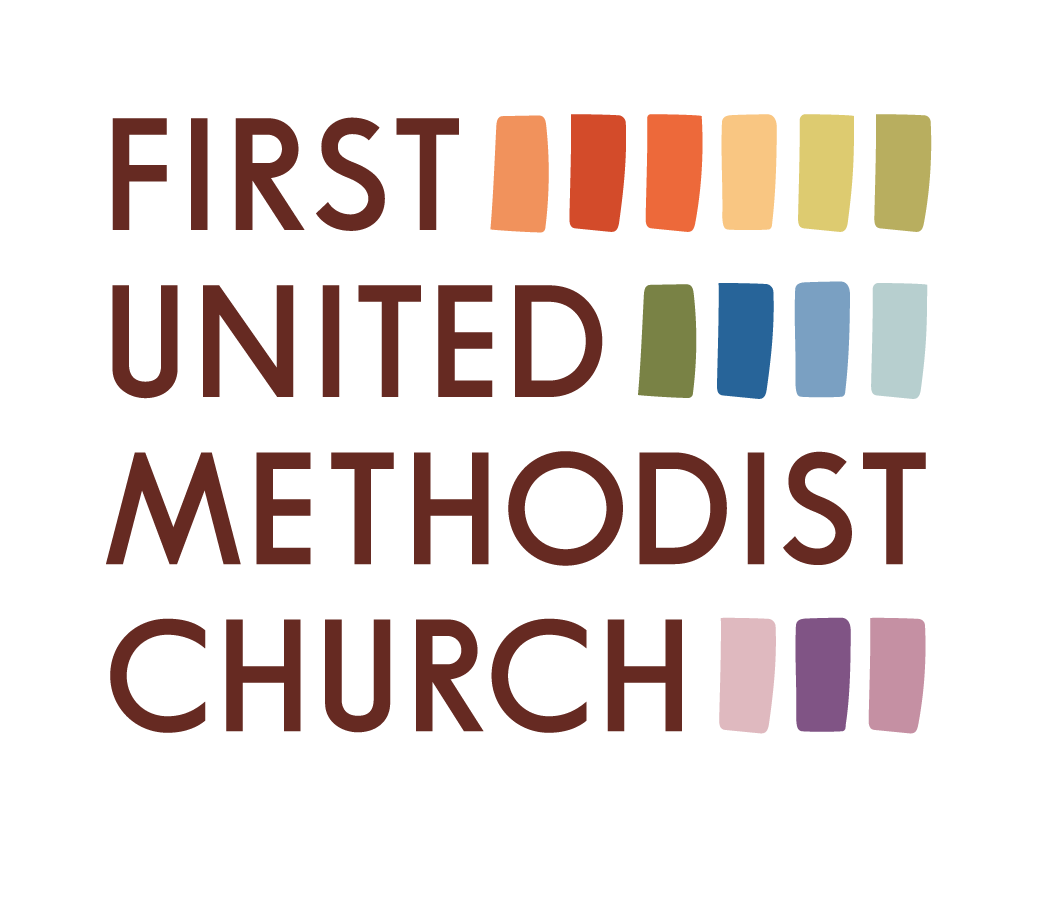More Vile
The ability to change one’s mind is quite possibly the most underrated personal trait.
Detractors call it waffling, inconsistency, lack of confidence, weakness of character - or in extreme circumstances, even betrayal. Proponents know it as cognitive flexibility. The Catholic Church calls it a “clarification.” I call it the greatest leadership skill you can have.
There are obviously limits to my assessment of when the ability to change one’s mind is a positive event. Our most firmly held beliefs ought not move back and forth like a swingset. When we are in charge of decision making for ourselves or for anyone around us, our positions and beliefs must be intentional, thoroughly examined, and meant to support the common good. Changing your mind is not the same thing as giving in to someone after the right amount of badgering. It is not the same as changing course of action for other gain or strategy.
I’m talking about the ability to shift from one firm position to a different (possibly even opposing) position as a result of additional experience, information, relationships, or options. Changing one’s mind is vulnerable. It takes humility, a healthy ego, and a dose of wisdom.
Yesterday, April 2nd, is somewhat of an unknown holiday in the Methodist movement. It was on that day that John Wesley changed his mind.
For centuries prior to Wesley, England was divided into parishes that paid taxes to their local church. However, during the 18th century millions of people left their family lands to find industrial jobs, resulting in both the collapse of the parish system and leaving those working migrants without their support system. Like the good Anglican priest that he was, Wesley knew that the only proper way to preach the Gospel was from the sacred confines of the pulpits of those same (failing) local churches. In particular, the specific pulpit of the specific parish that the bishop had sent you to. He wrote, “I should have thought the saving of souls almost a sin if it had not been done in the church.”*
Amid increasing public disillusionment with the institutional church for refusing to adapt to meet the needs of the community, Wesley was invited to Bristol by George Whitefield, a man part colleague and part rival to Wesley (if you were at David Worthington’s archives and history presentation last month, you’ll remember the importance of Bristol in the Methodist movement).
Upon arrival, Wesley was shocked to discover Whitefield preaching not in the pulpit, but in the fields. After learning more about Whitefield’s ministry and witnessing what could come of field preaching, Wesley changed his mind.
On April 2nd of 1739, John Wesley wrote a journal entry that is a favorite of many a preacher and Methodist history enthusiast. He wrote:
“At four in the afternoon, I submitted to be more vile and proclaimed in the highways the glad tidings of salvation, speaking from a little eminence in a ground adjoining to the city, to about three thousand people.”
I was in college or seminary when I first read this journal entry. Like many, I have been captivated and sought to live by it ever since.
By changing his mind, Wesley was able to connect with those that the established church had long ignored, taking his cause out to the fields, miner camps, and debtors’ prisons.
Dr. Ashley Boggan writes that Wesley “wasn’t being vile for the sake of being vile, but to risk being improper because he was called by God.
The thousands of people who gathered to hear Wesley that day were mostly coal miners. Various journals describe the streaks of tears through their ash-covered faces as they heard – many for the first time – of their worth.”
Rather than a dilution of their cause or a symptom of waffley leadership or uncertain decision making, this change of mind made the Methodist movement even more Methodist.
Wesley and others in the budding Methodist movement were committed to social piety. Dr. Boggan continues, “The weird Methodists broke political norms by leaving the walls of the city and going to the poor and the outcast. They not only breached physical walls but transgressed the boundaries of who was deemed worthy of God’s love. They began to minister with folks outside the walls, asking them what their spirits needed. They took food, drink, medicine, and reading materials to those imprisoned. They prayed and held worship services. They held authorities accountable for inhumane treatment.”
More vile indeed! This is the Methodist heritage that we are proud to know and proud to continue: a faith thoroughly concerned with drawing the circle wider, thoroughly committed to the thriving of our neighbor – even when it means changing how we’ve done things for hundreds of years.
Where are we being called to be more vile? Where are we called to be boldly Methodist?
I continue to pray that we have grace for ourselves and grace for others, finding our way and maybe even changing our minds as we experience this turned around, murky world, trying to do all the good we can as long as we ever can.
Ever grateful (and submitting to be more vile),
Pastor Karyn

